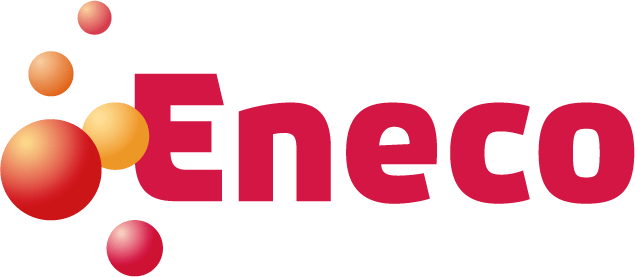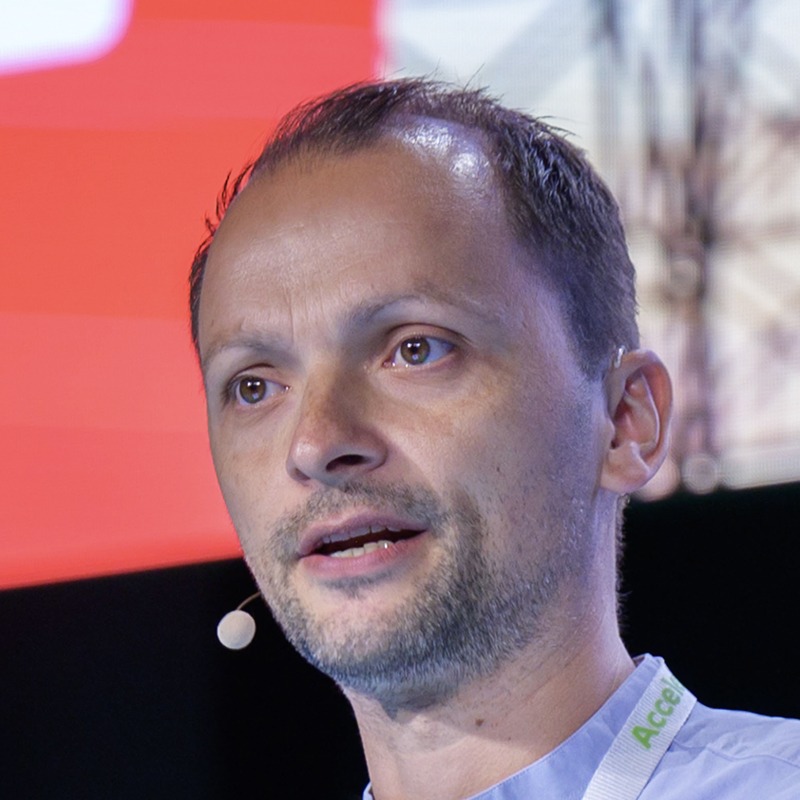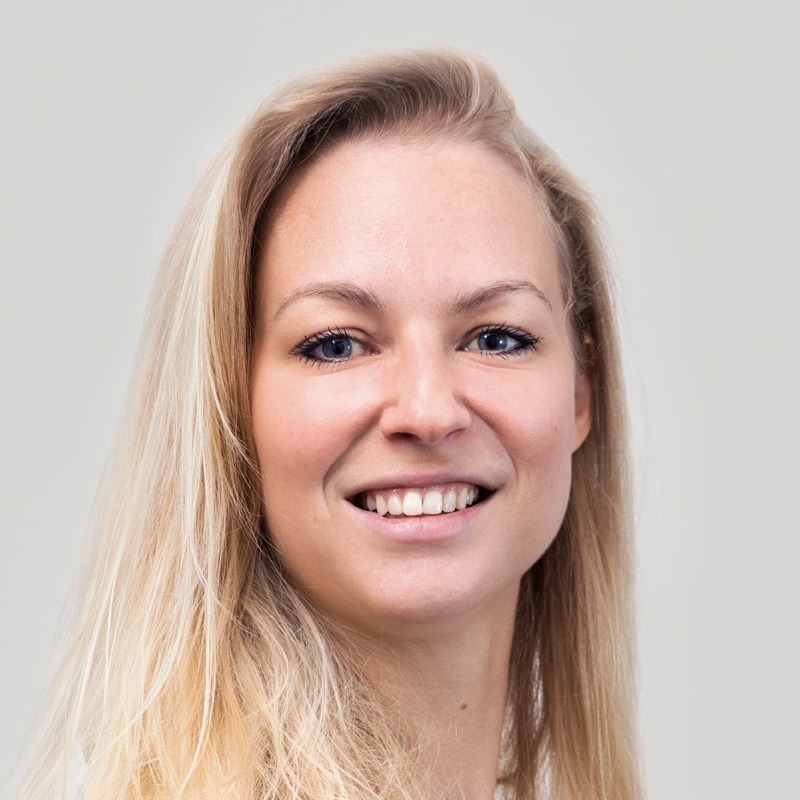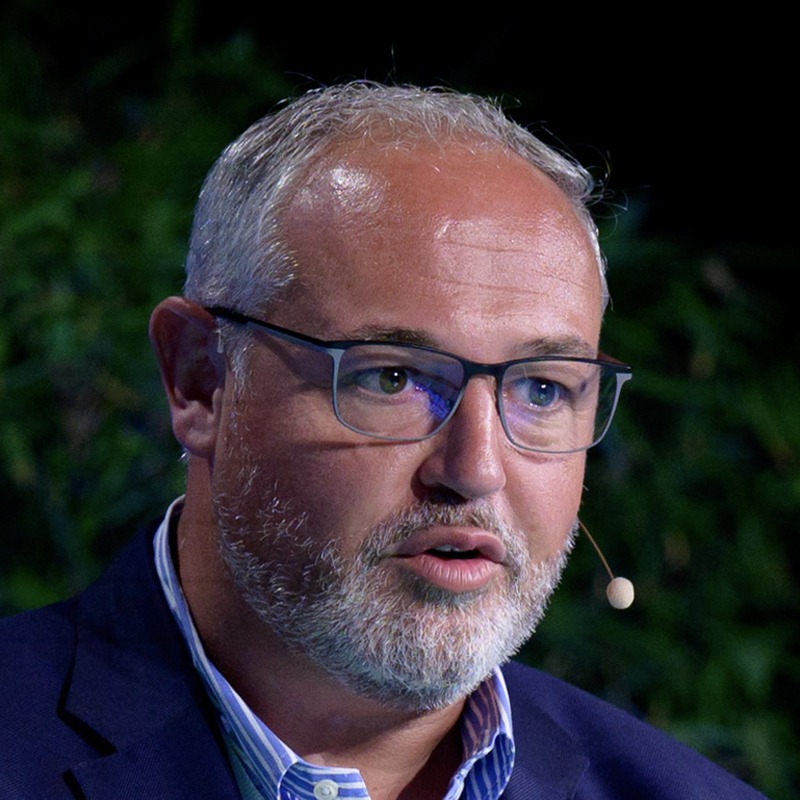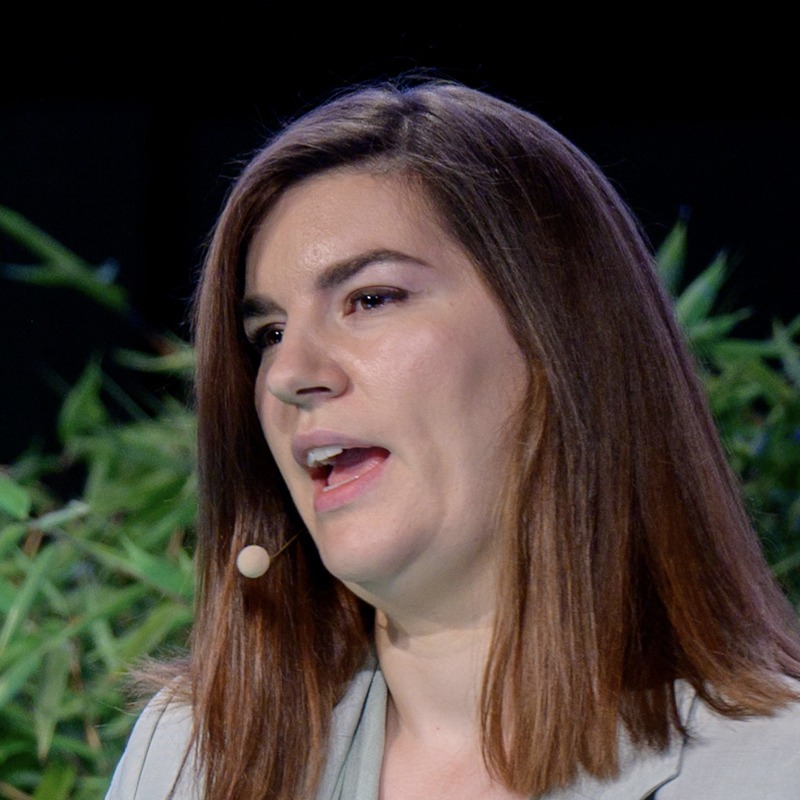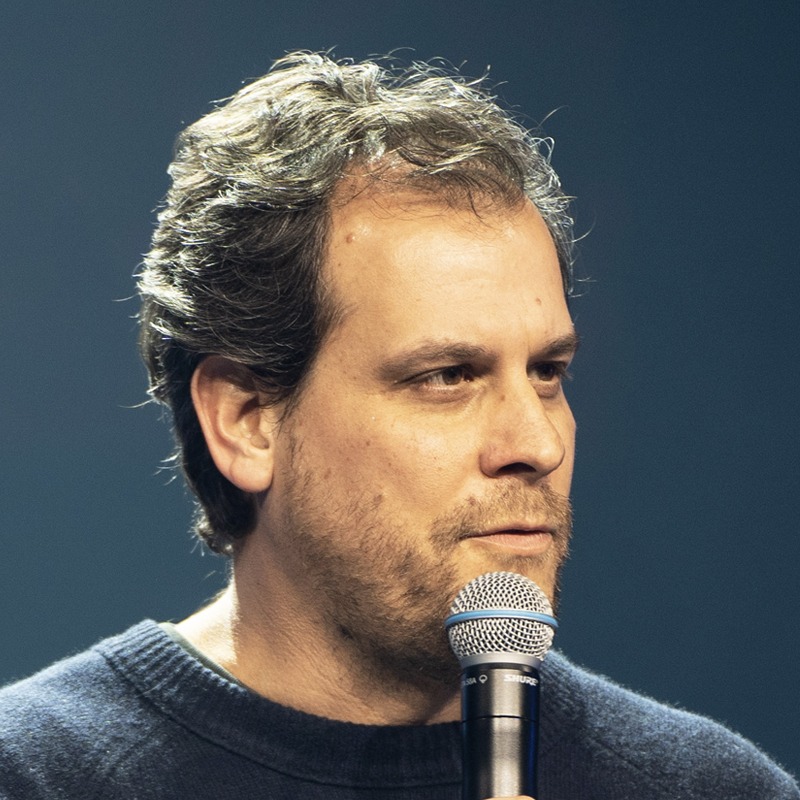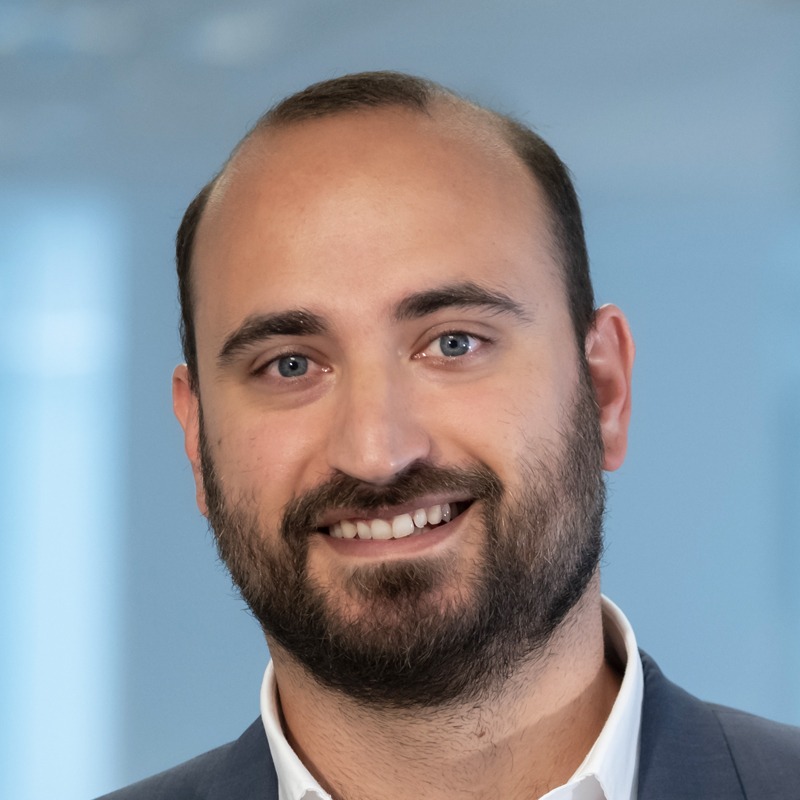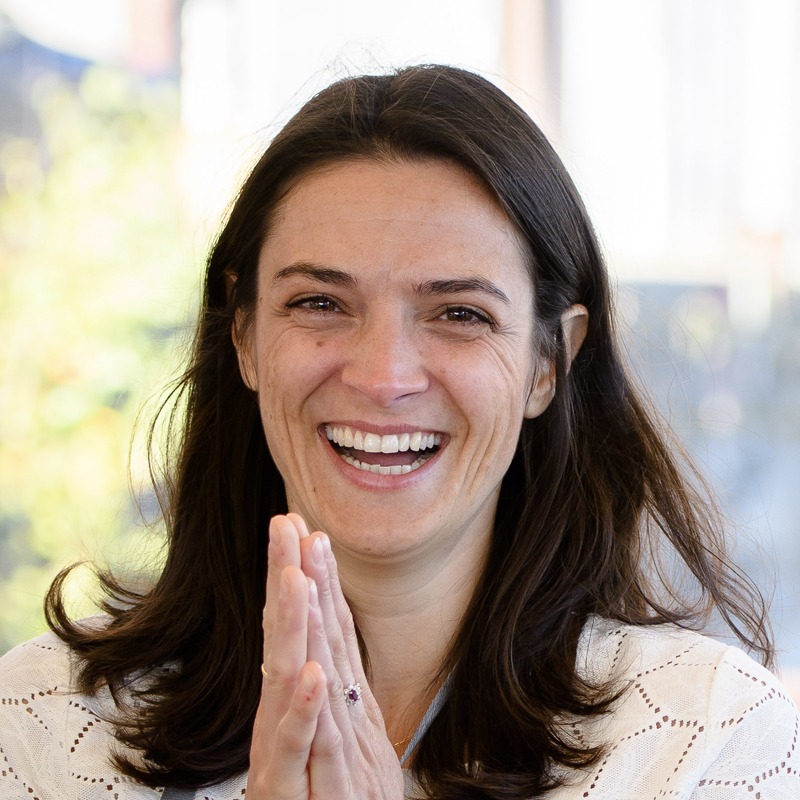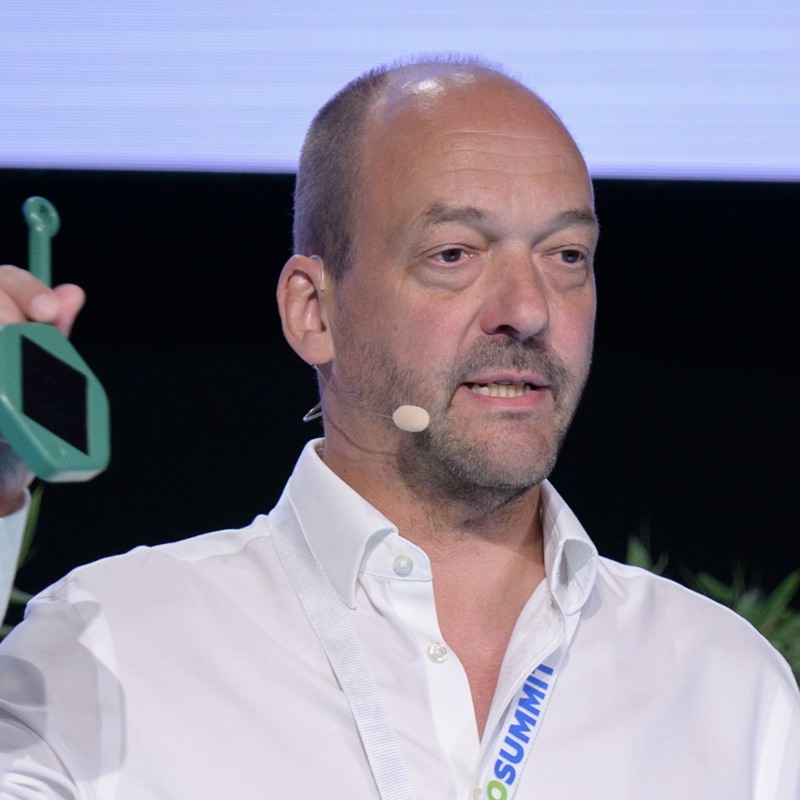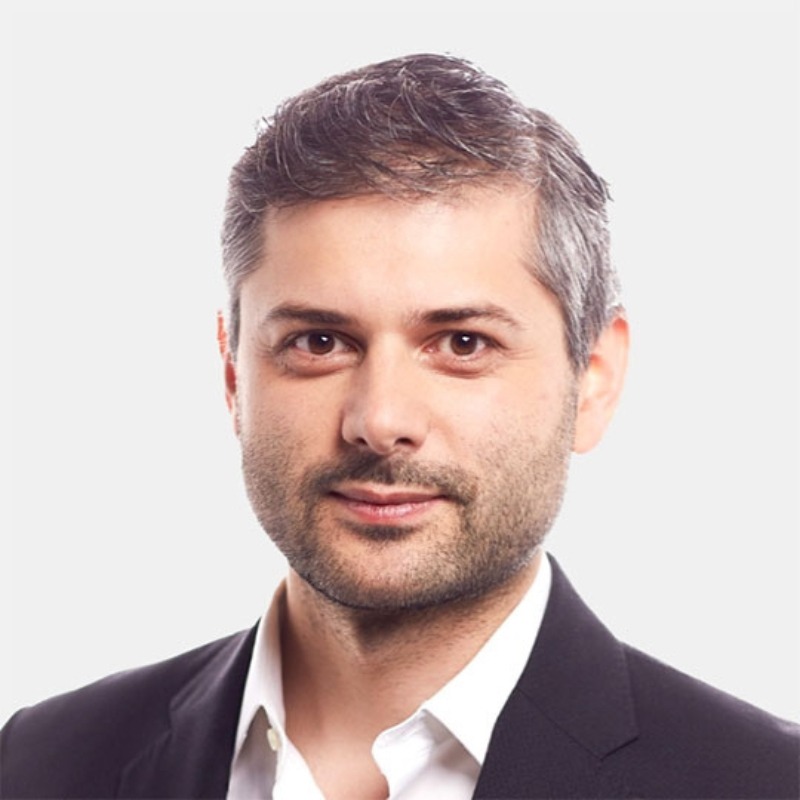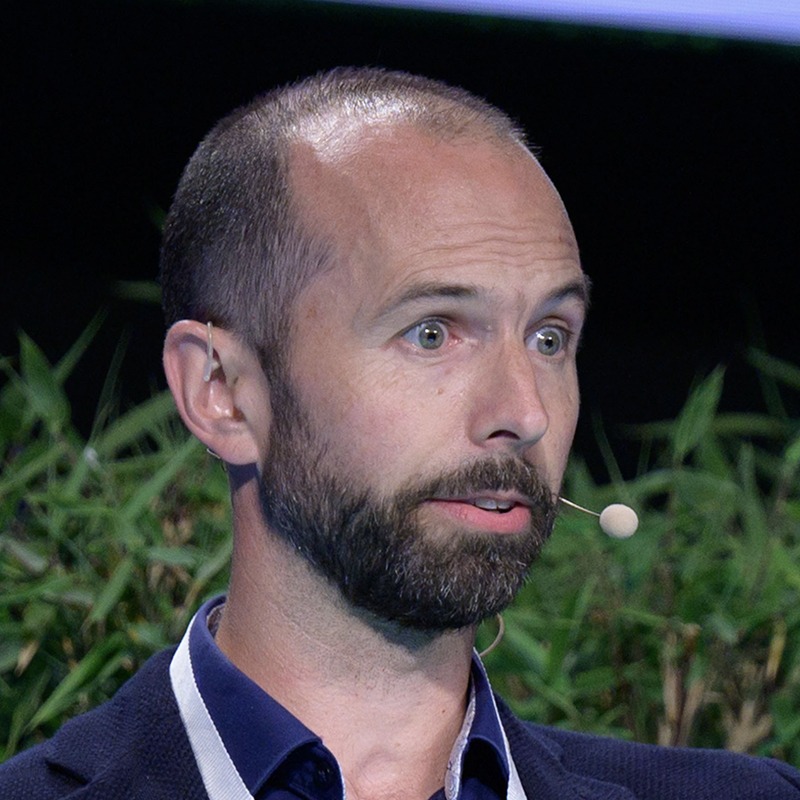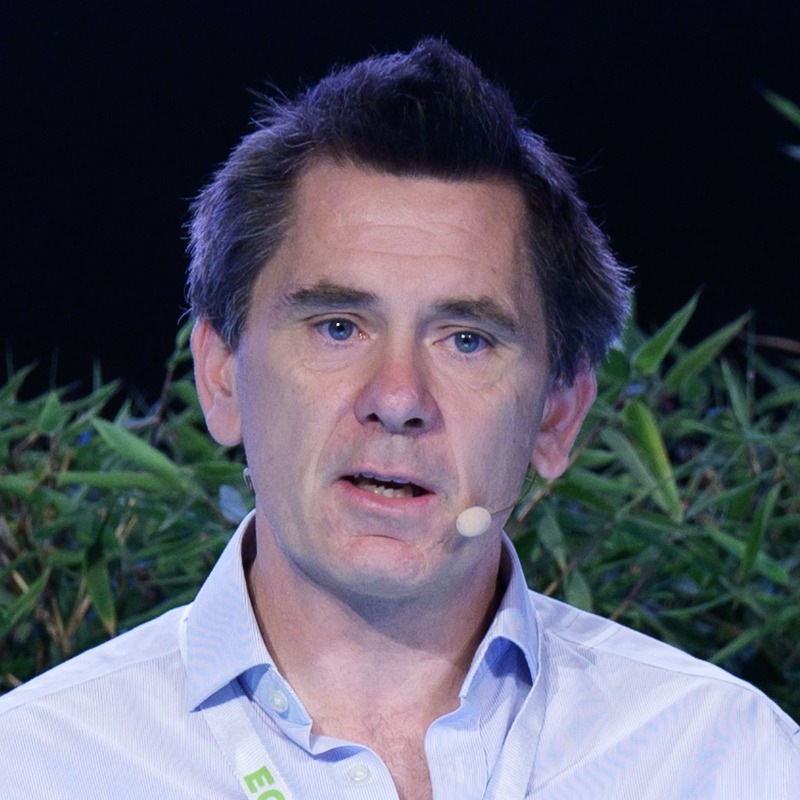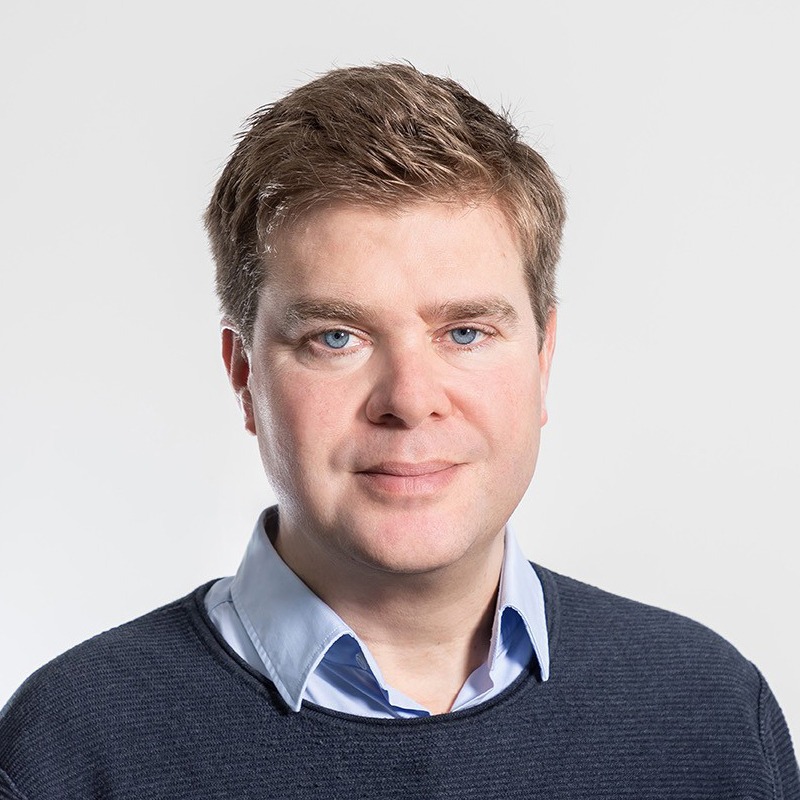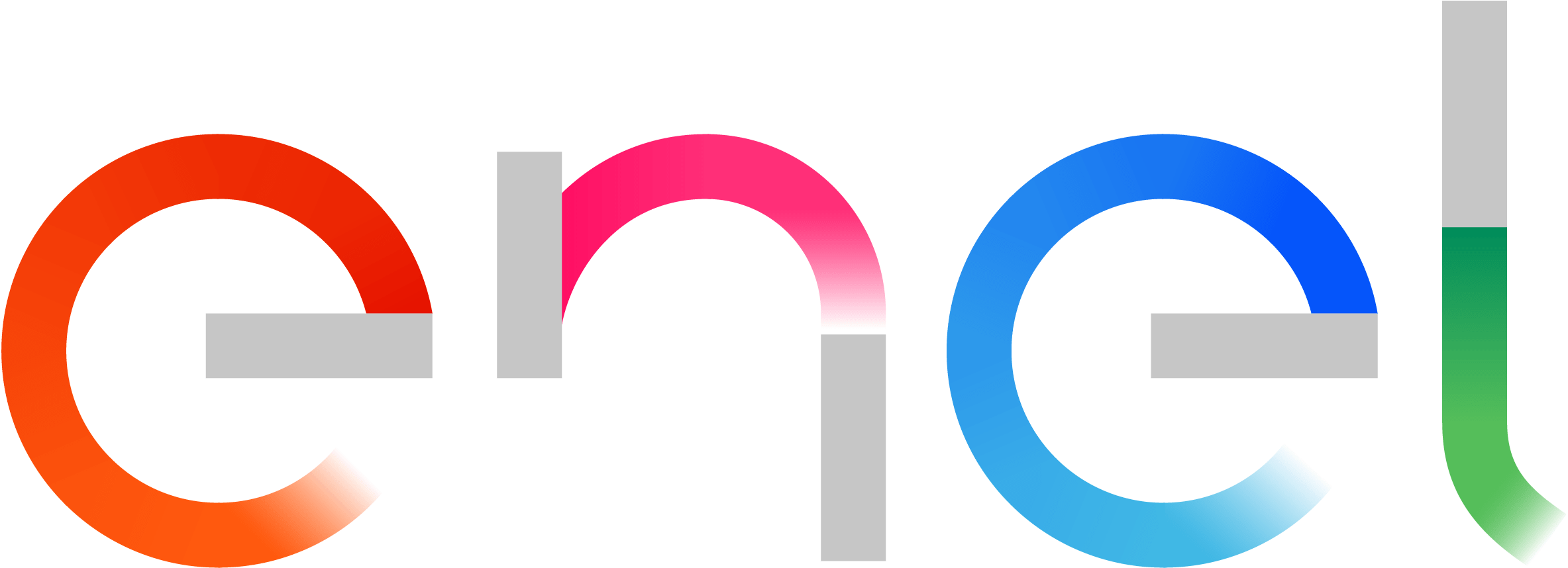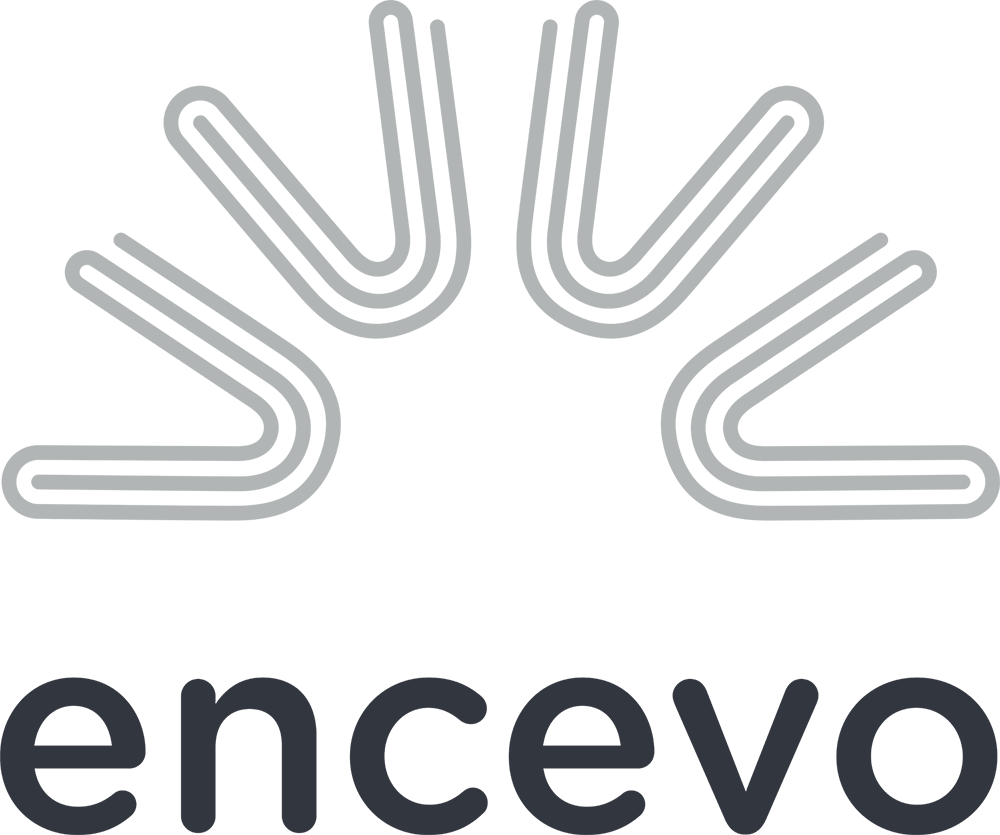Maximising our impact until 2030
We accelerate smart green startups and investors in climate tech, energy, mobility and cities.
The agenda features 96 speakers including 73 startups. We have open speaker slots for startups and sponsors.
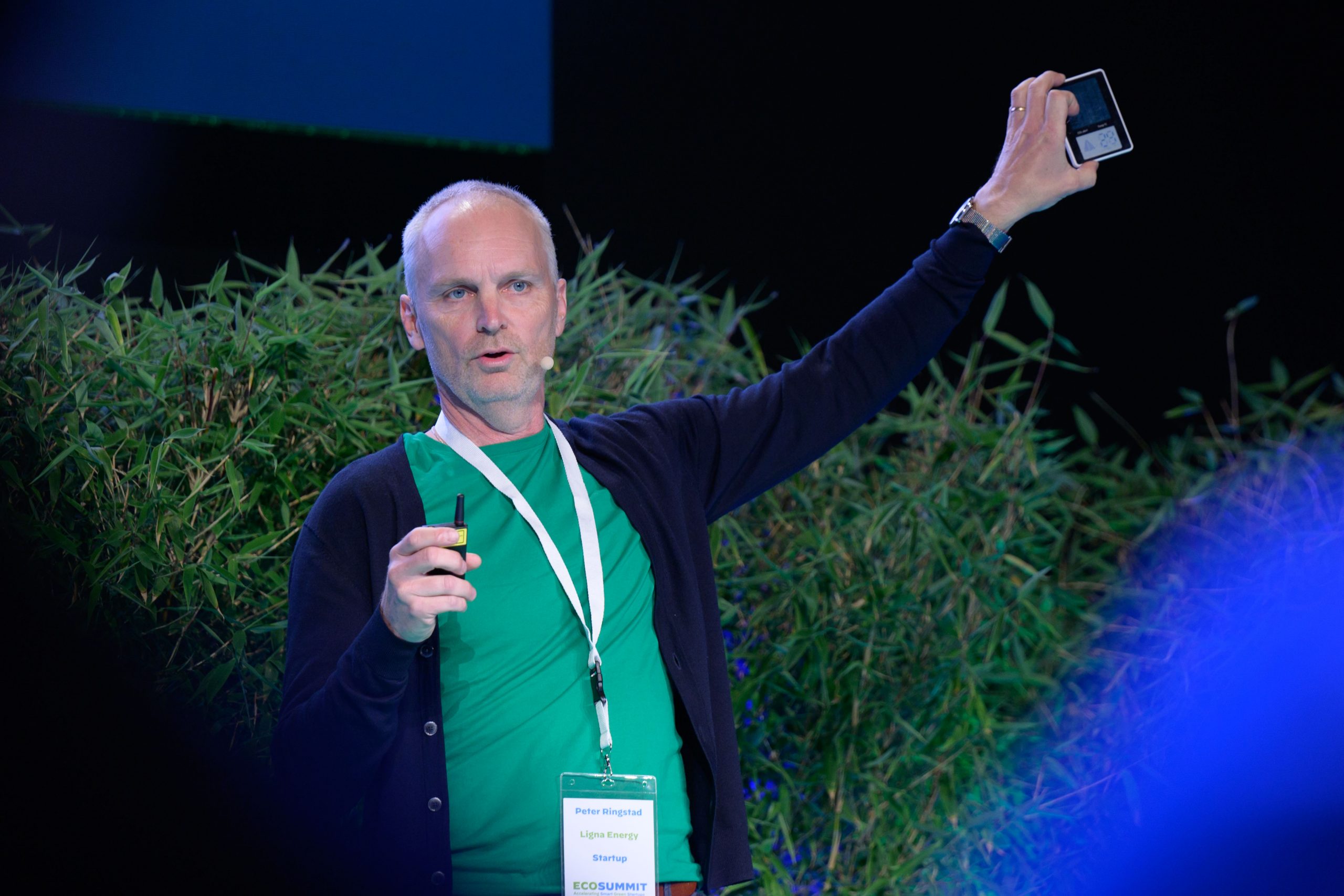
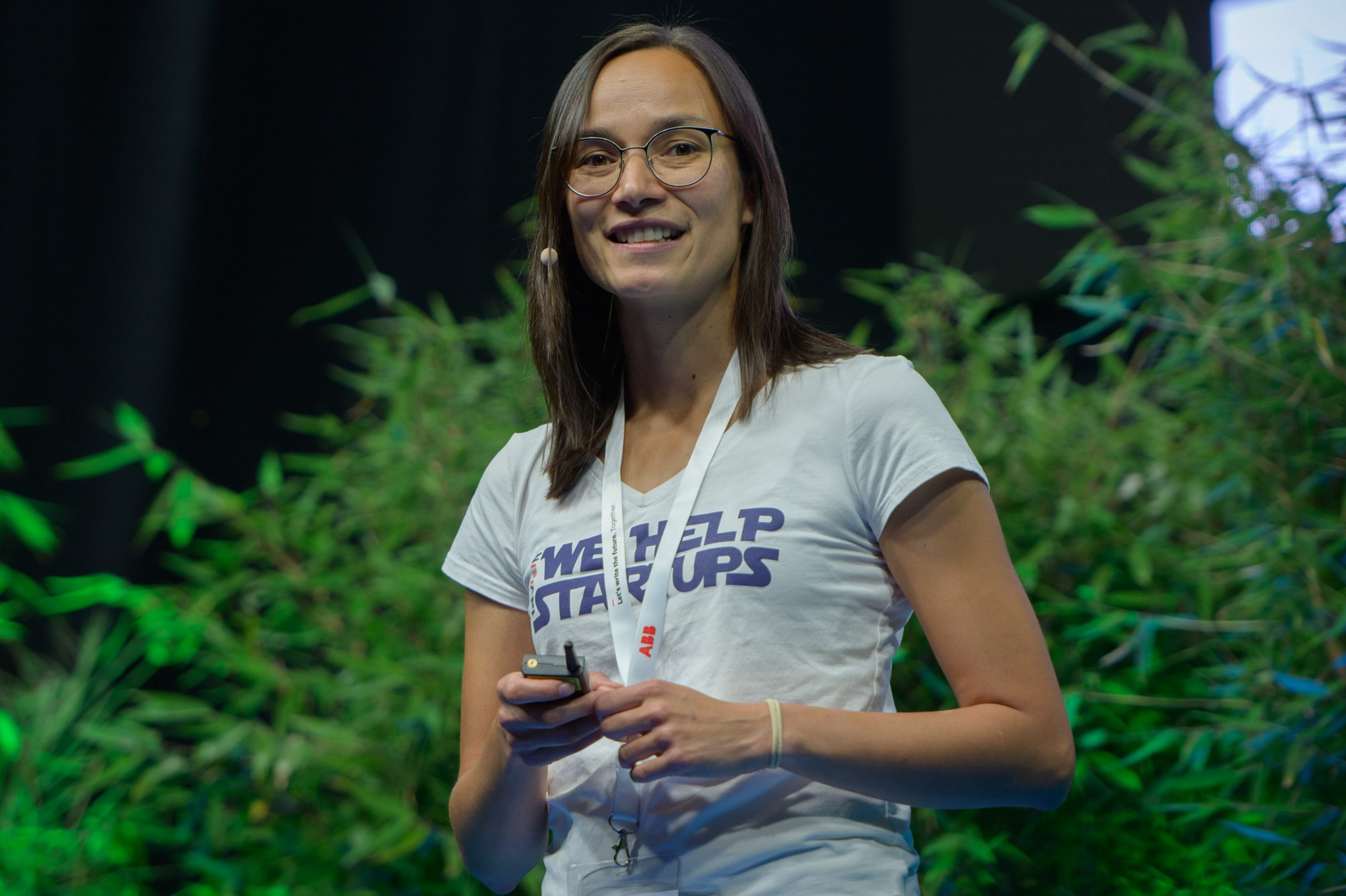
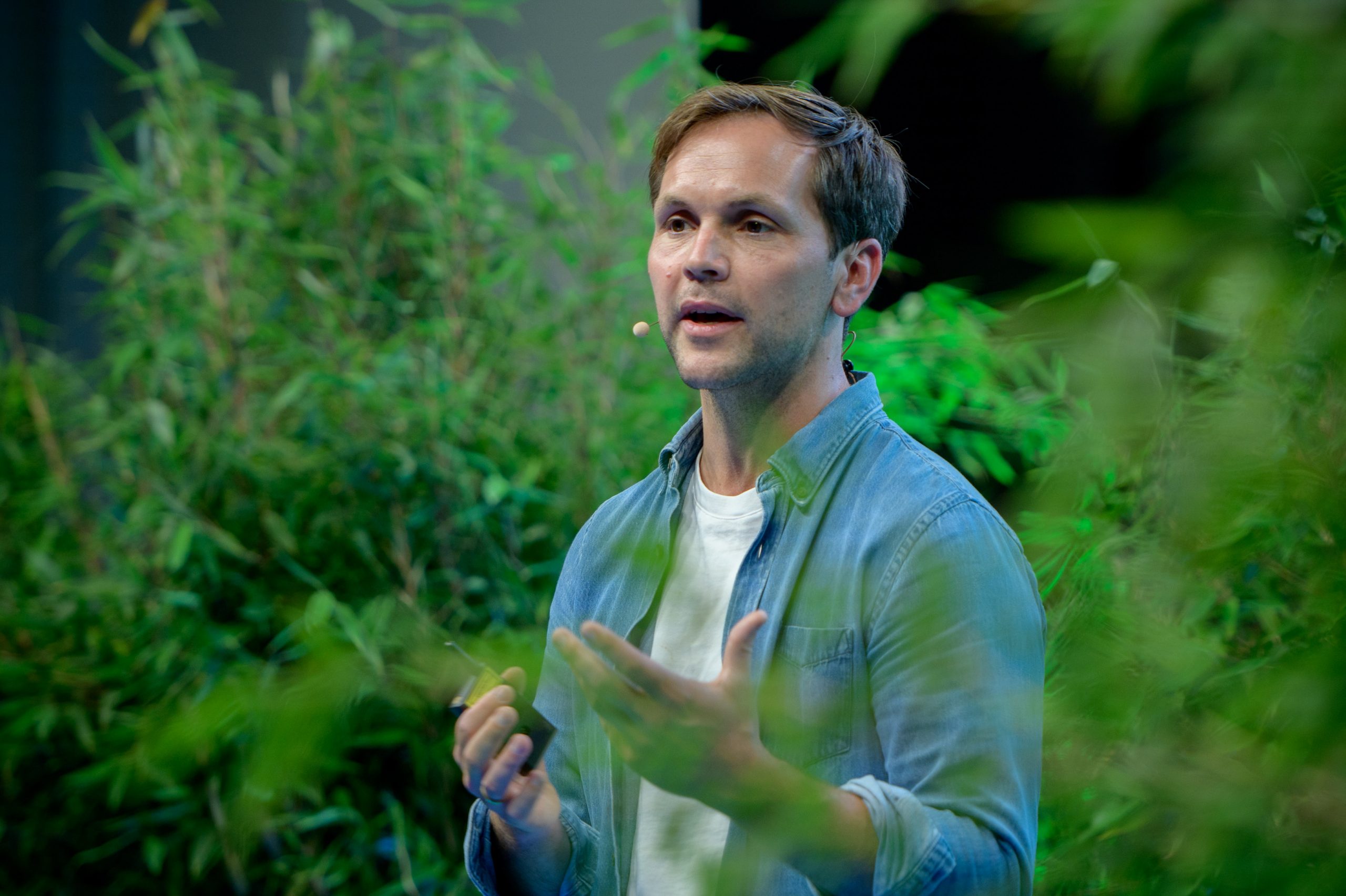
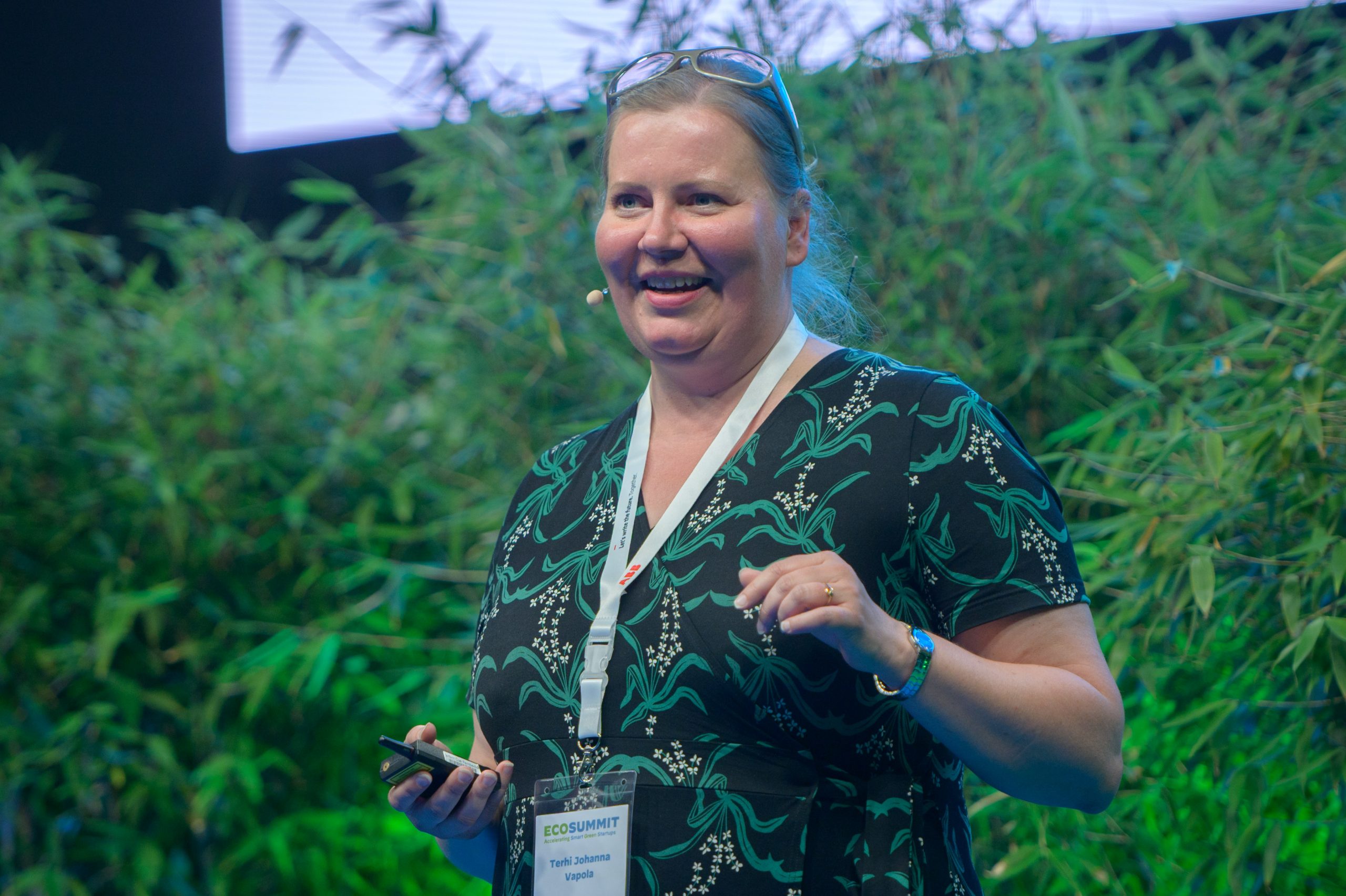
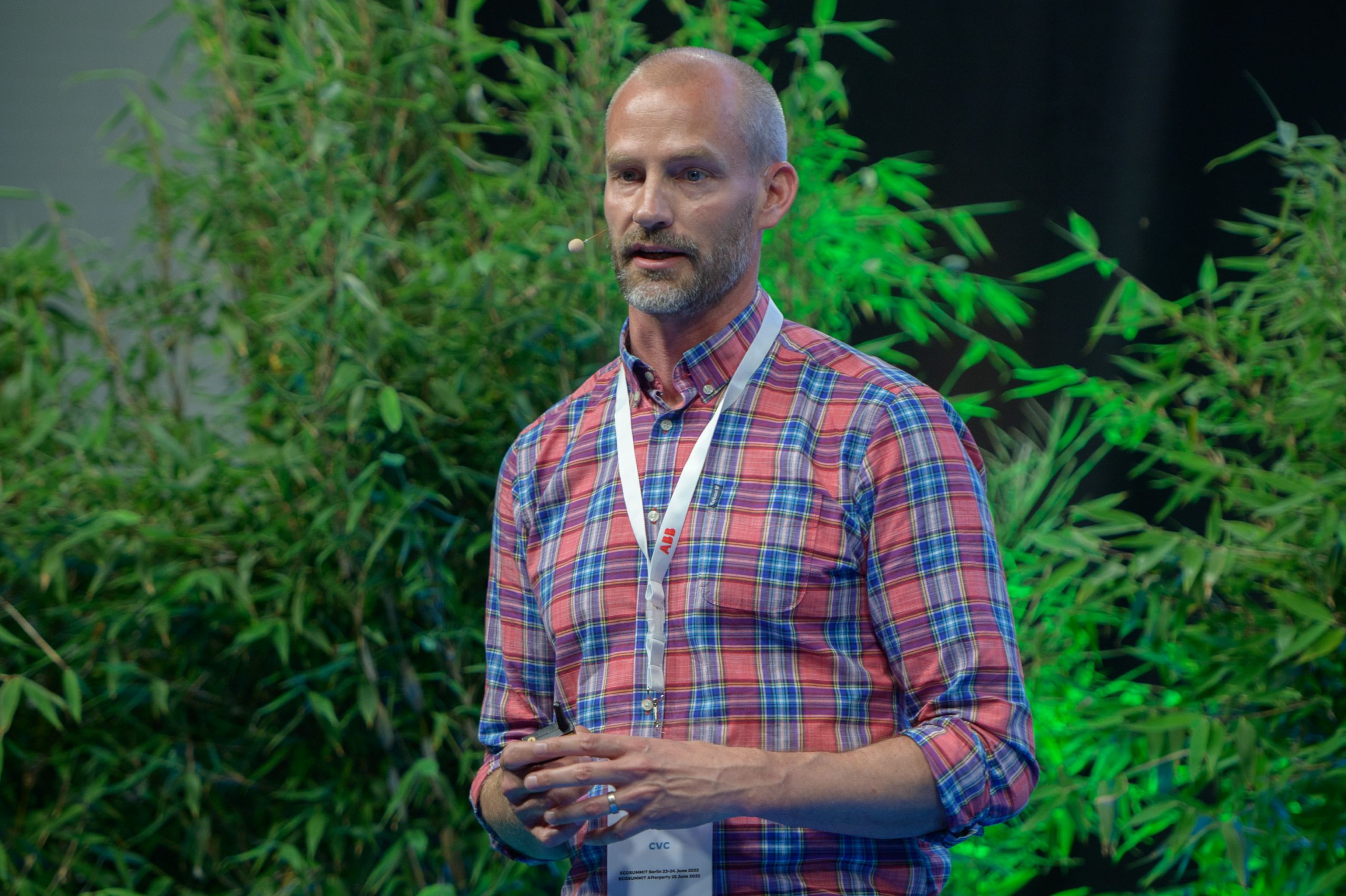
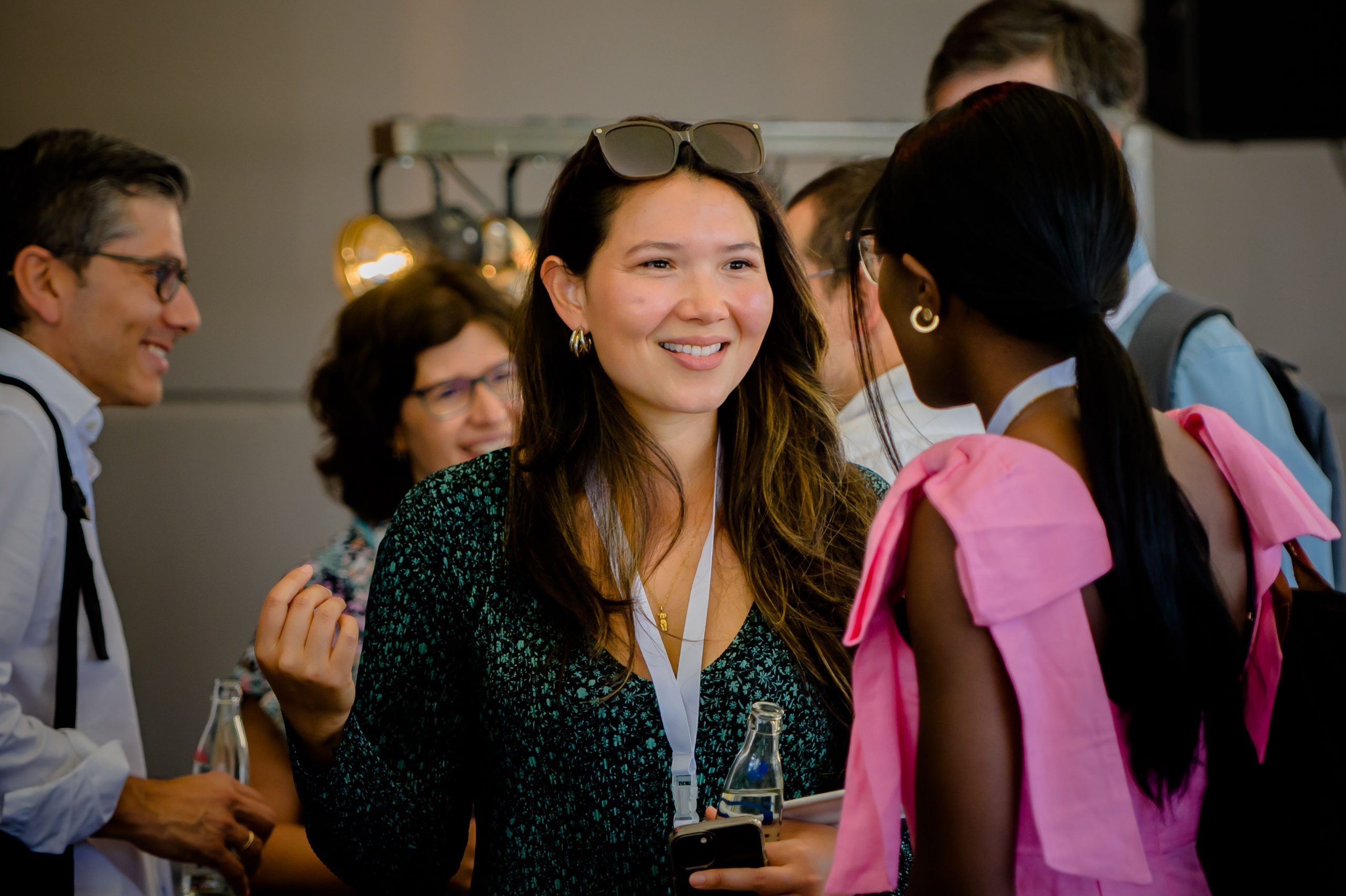
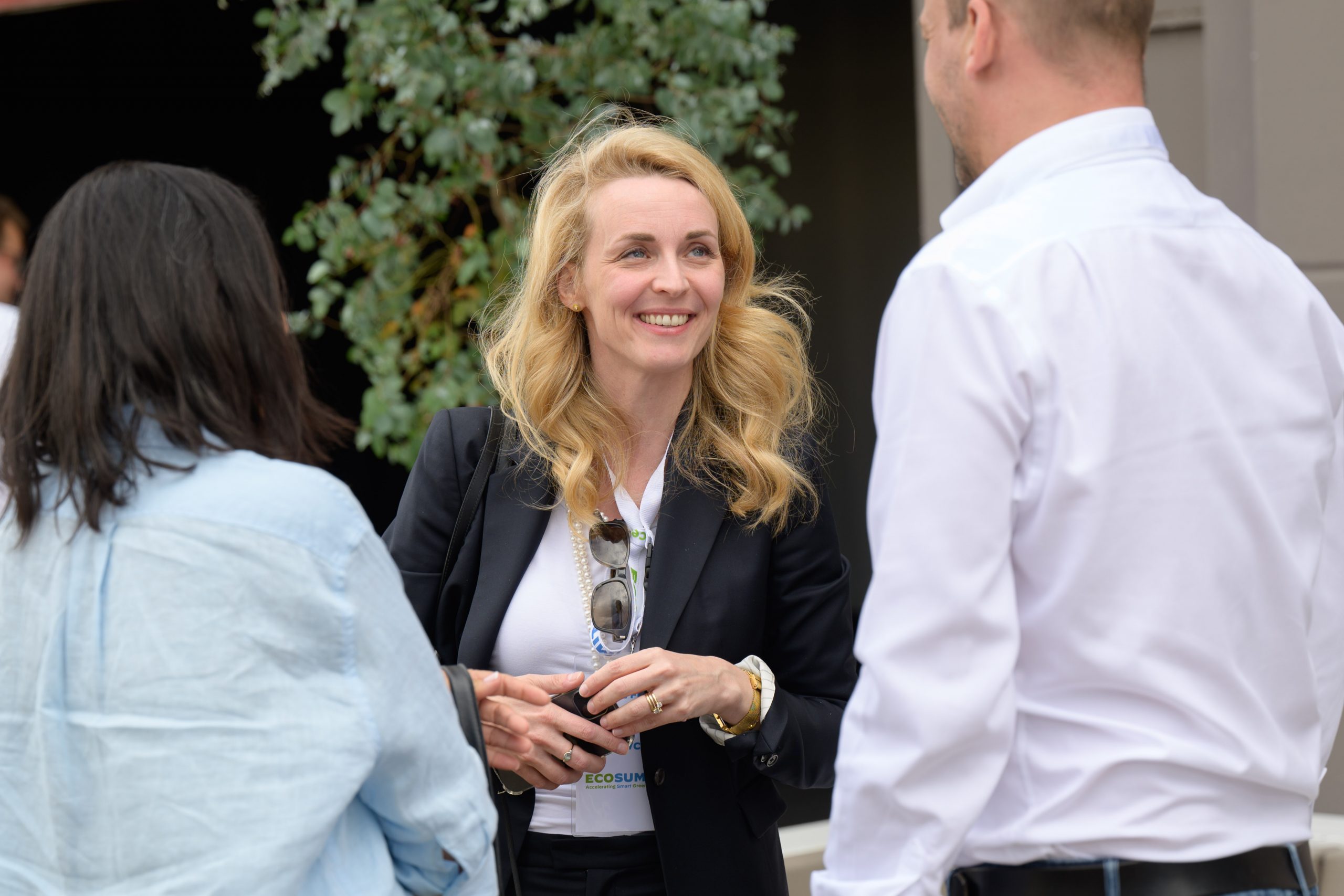
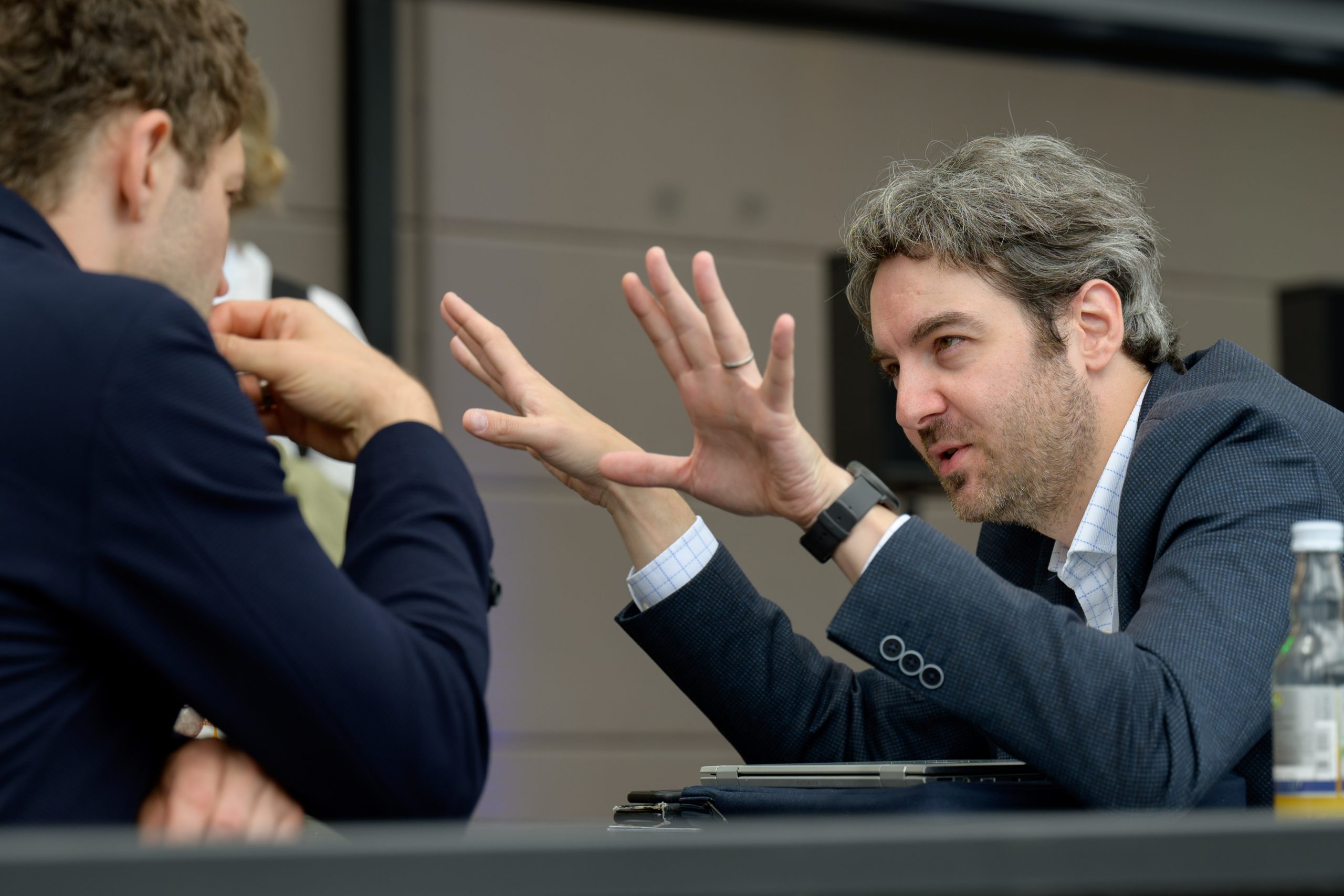
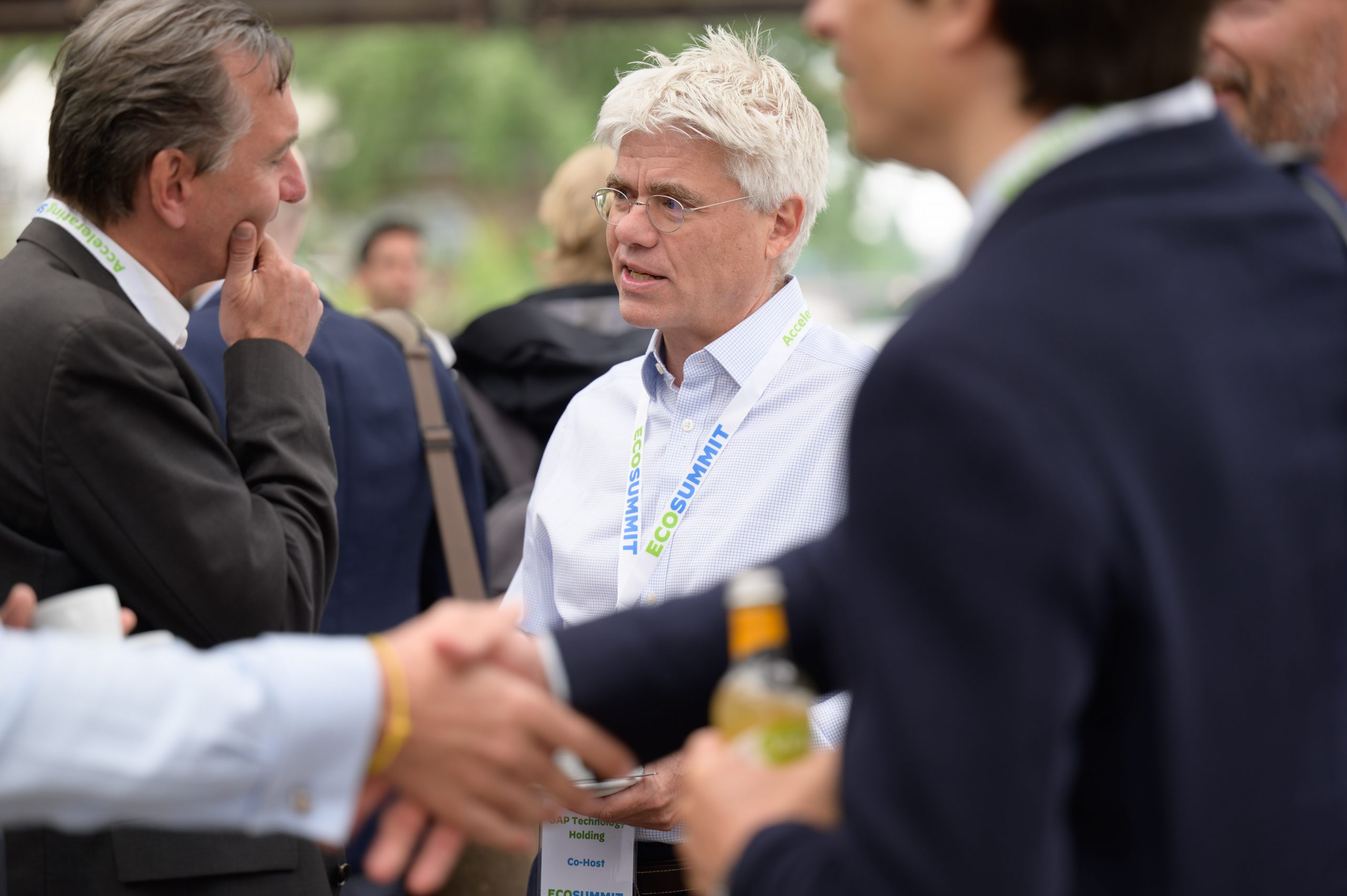

Fundraising, investing, open innovation, corporate venturing and M&A
Ecosummit takes place on 4-5 June 2024 at Spindler & Klatt, Köpenicker Strasse 16-17, 10997 Berlin. Connect with our participants via Linkedin to arrange your meetings and enjoy outdoor networking.
Startup video
Living in sustainable cities powered by renewable energy and electric mobility
96 speakers (73 startups) pitch for 5 minutes on the same stage during 2 conference days in the best event location in Berlin.
First time at ECOSUMMIT?
Here is what you need to know.
How to apply for a pitch?
Startups interested in pitching may send us their pitch deck (PDF) to apply for a 5-minute pitch on stage that we record and publish on Youtube after the event. Approved startups qualify for startup tickets. Ambitious startups may upgrade to the Bronze sponsorship including 2 startup tickets and a marketing boost. Investors, corporates and service providers that want to go on stage and pitch their fund, portfolio or services may become one of our sponsors. Please download our Ecosummit Sponsor Pitch (PDF) and book your sponsorship by email.
Who is joining?
We bring together fundraising startups and active investors in climate tech, energy, mobility and cities to maximise our impact until 2030. Please take a look at our list of participants and connect on Linkedin to get in touch and arrange meetings.
Why should I join?
Join Ecosummit to accelerate your startup or fund and experience the best event in climate tech, energy, mobility and cities. Our conferences are startup markets enabling fundraising, lead and co-investing, portfolio marketing, corporate venturing, open innovation and M&A. Since 2010, we organised 23 conferences, 24 online events and published 1.400 videos on Youtube. Let’s automate sustainability in every industry and build big startups with big impact.
Newsletter
Subscribe to the Ecosummit newsletter to stay up to date with our events and smart green deals in our community.
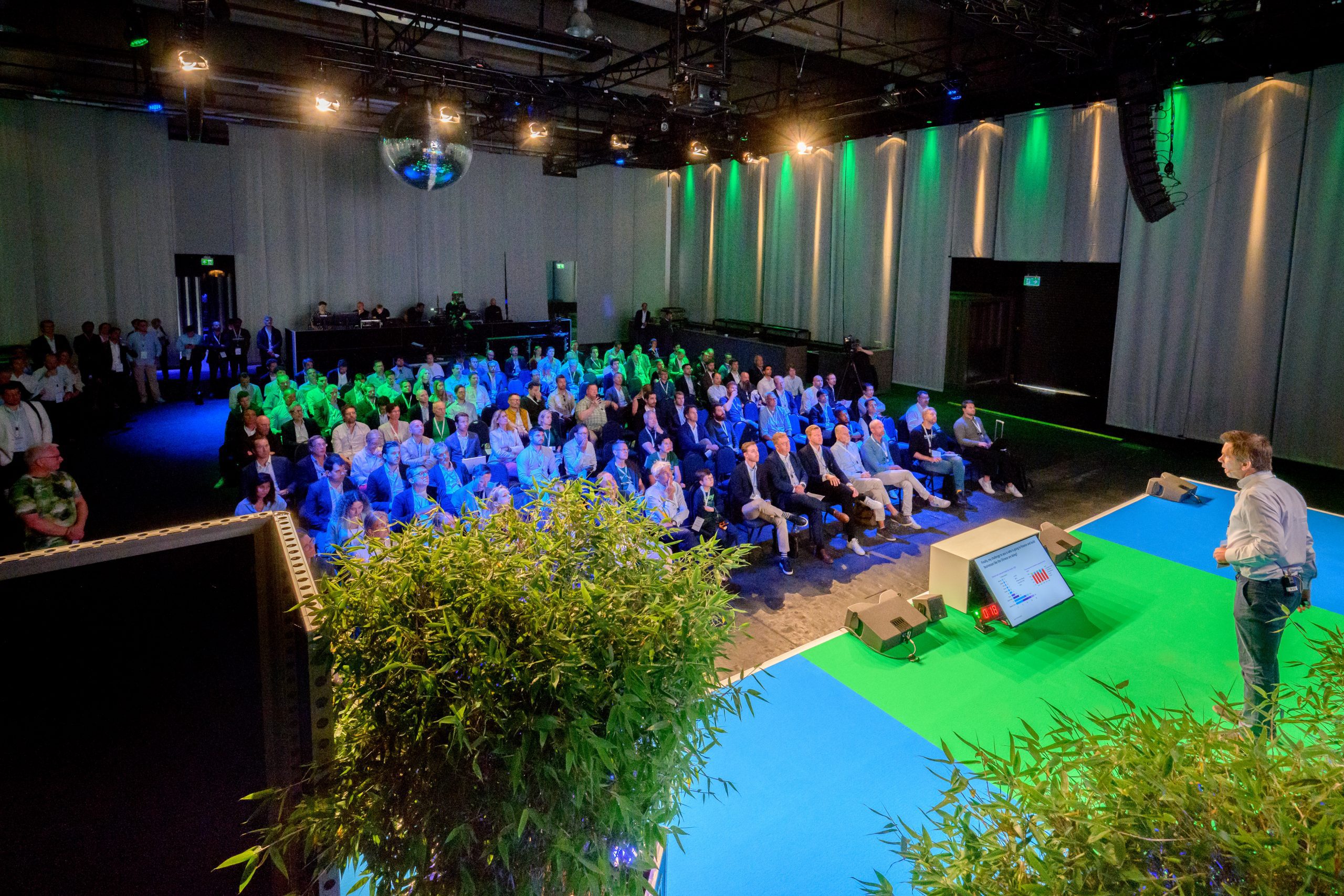



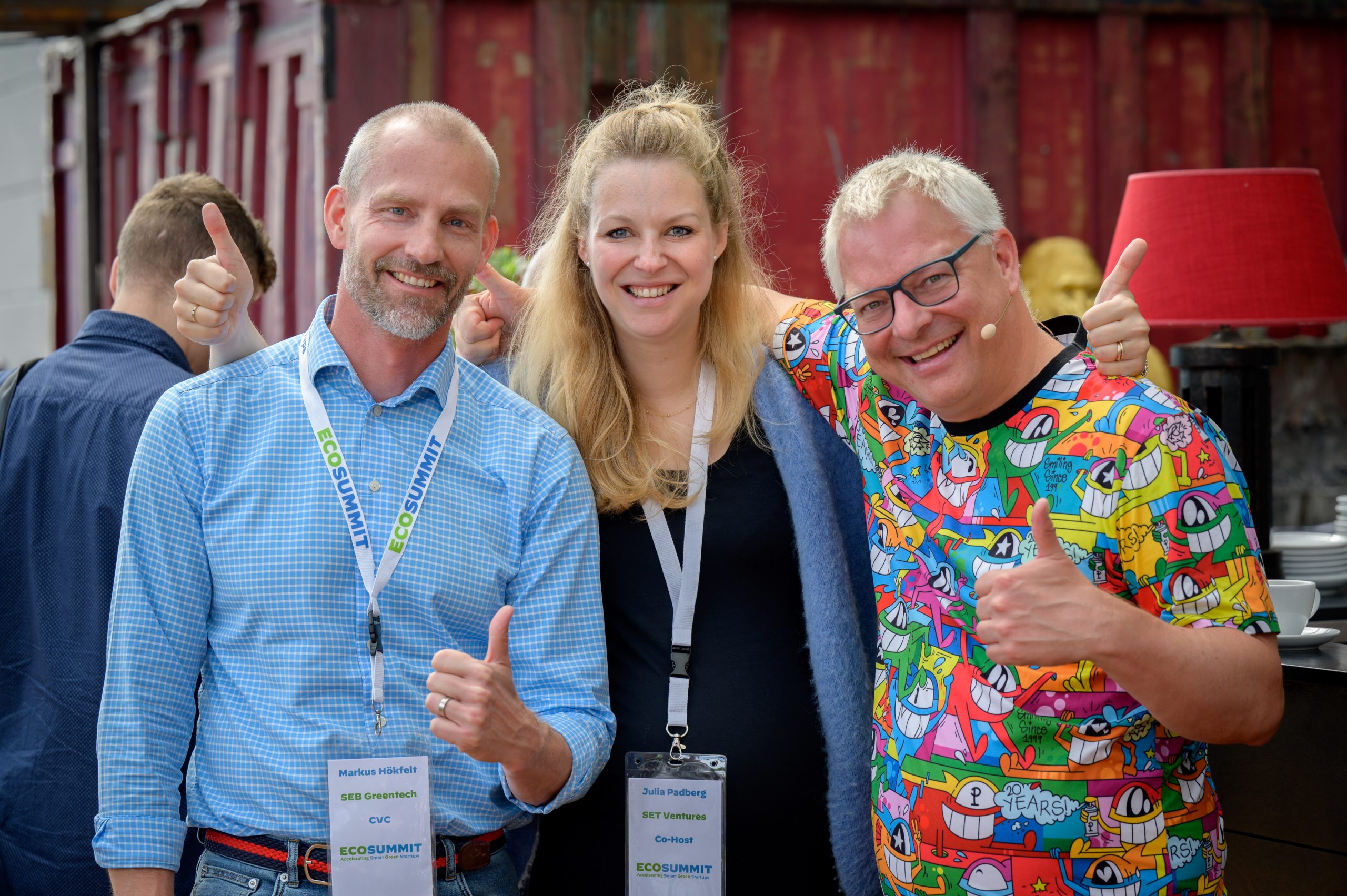
News
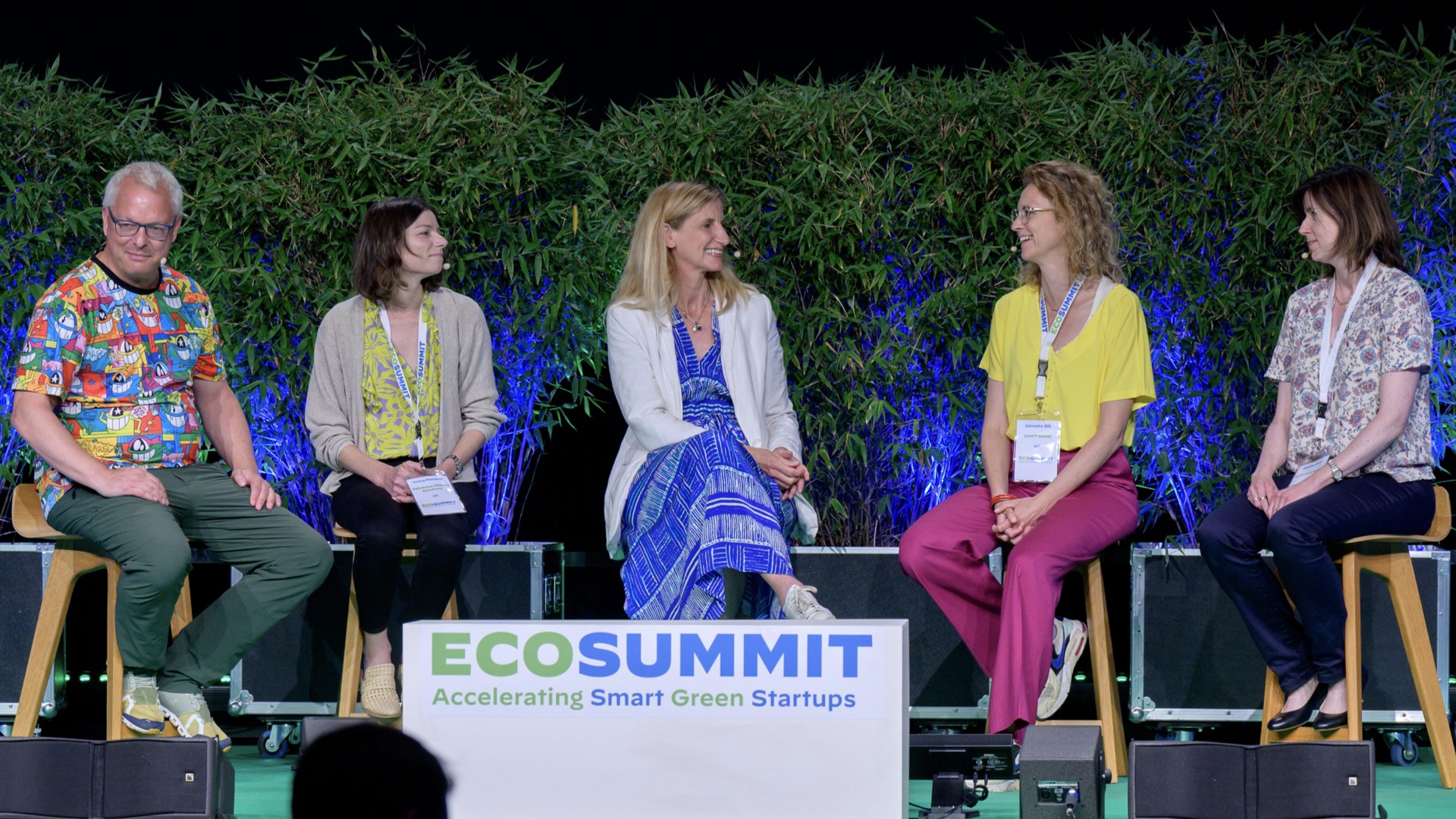 Smart green VCs you should know 26 April 2024 by Jan Michael Hess Here's our list of smart green VCs in Europe that back startups in climate tech, energy, mobility, cities, advanced materials, food and circular economy to generate impact as well as environmental, financial and strategic returns for their fund investors. In the VC food chain, early… read more
Smart green VCs you should know 26 April 2024 by Jan Michael Hess Here's our list of smart green VCs in Europe that back startups in climate tech, energy, mobility, cities, advanced materials, food and circular economy to generate impact as well as environmental, financial and strategic returns for their fund investors. In the VC food chain, early… read more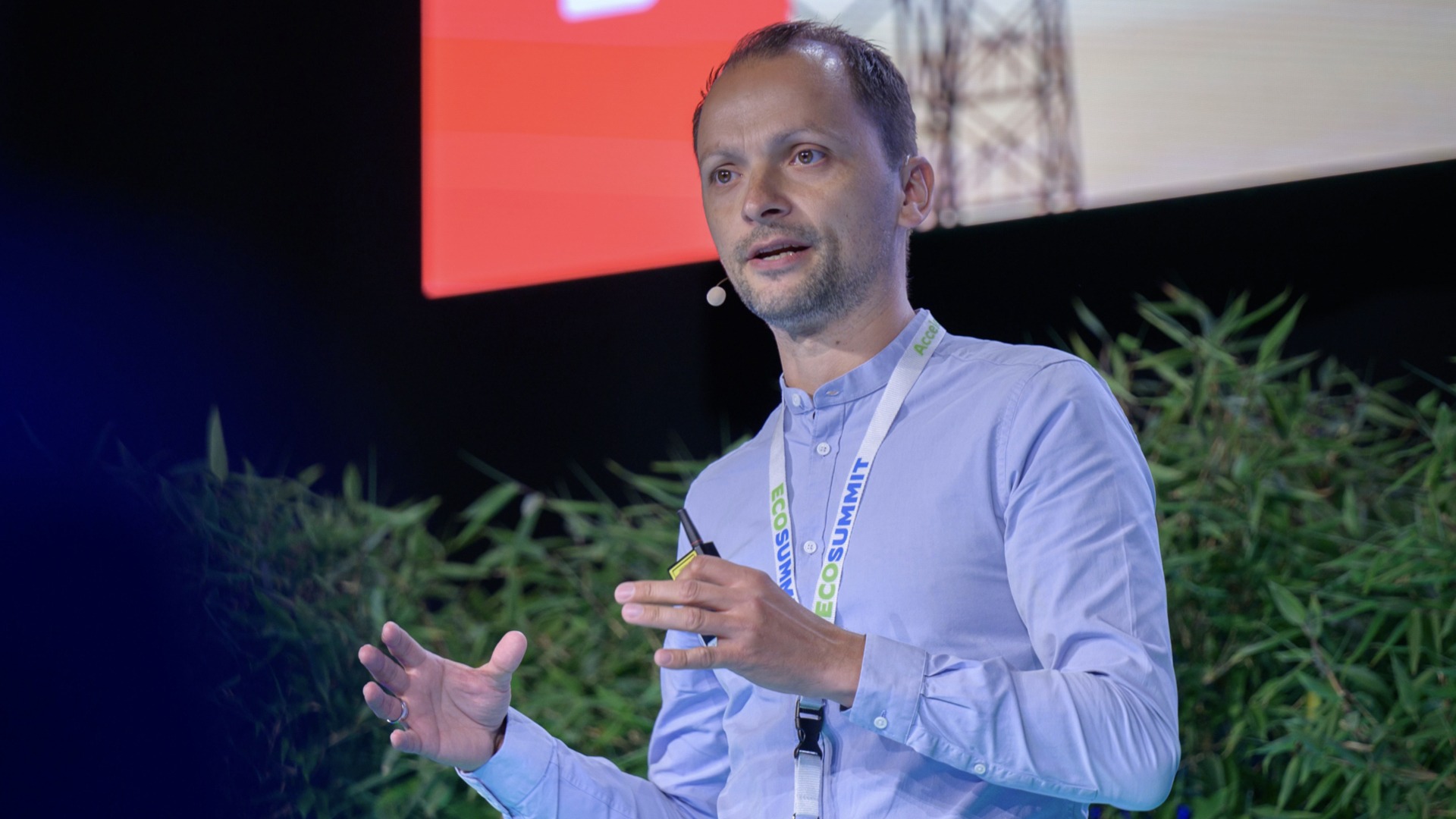 Instagrid raises €88M Series C led by Teachers’ Venture Growth 23 January 2024 by Jan Michael Hess Instagrid got rhythm. The mobile battery making machine from Germany grooves and moves ahead with a new financing round every 2 years tripling the capital raised: €8.5M Series A in February 2020, €29M Series B in February 2022 and €88M Series C on 23 January… read more
Instagrid raises €88M Series C led by Teachers’ Venture Growth 23 January 2024 by Jan Michael Hess Instagrid got rhythm. The mobile battery making machine from Germany grooves and moves ahead with a new financing round every 2 years tripling the capital raised: €8.5M Series A in February 2020, €29M Series B in February 2022 and €88M Series C on 23 January… read more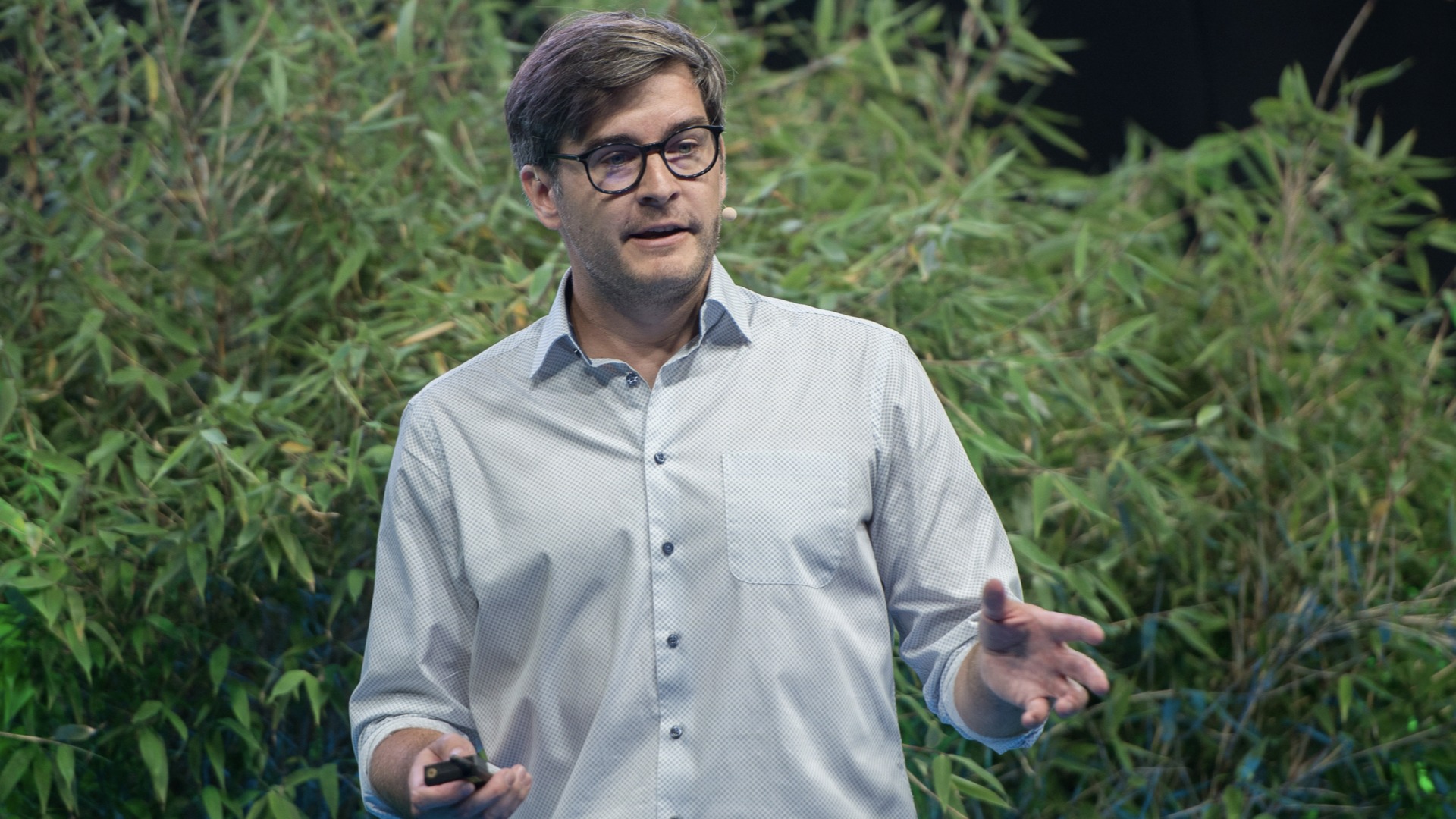 Ecosummit facilitates Eturnity Series A, ESFORIN Series B and Installion exit 7 June 2023 by Jan Michael Hess Ecosummit is startup paradise as we bring together fundraising startups and active investors that want to create impact. Our goal is to enable as many new investments as possible in smart green startups that focus on saving our climate, decarbonising our economy and electrifying our… read more
Ecosummit facilitates Eturnity Series A, ESFORIN Series B and Installion exit 7 June 2023 by Jan Michael Hess Ecosummit is startup paradise as we bring together fundraising startups and active investors that want to create impact. Our goal is to enable as many new investments as possible in smart green startups that focus on saving our climate, decarbonising our economy and electrifying our… read more

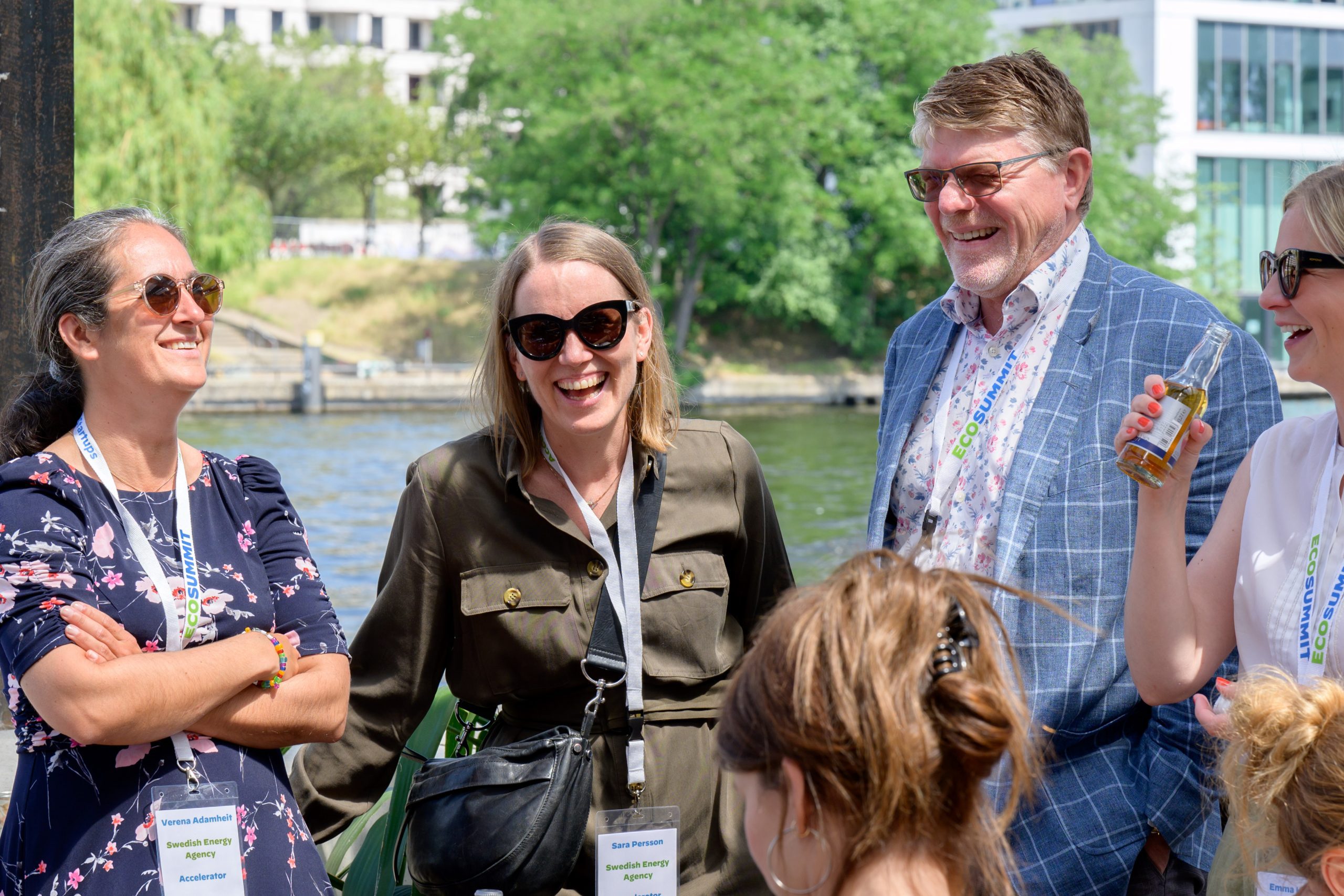
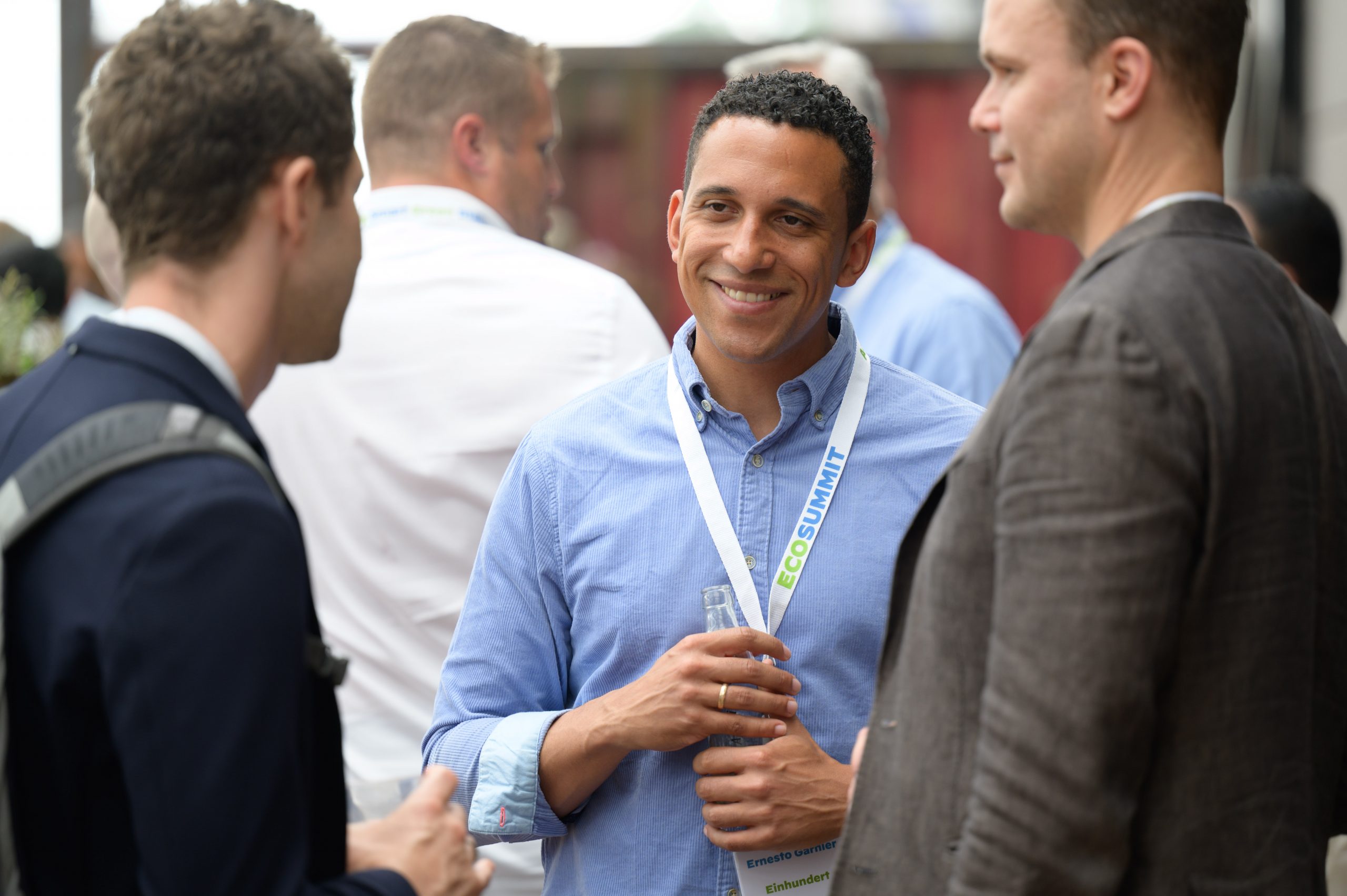
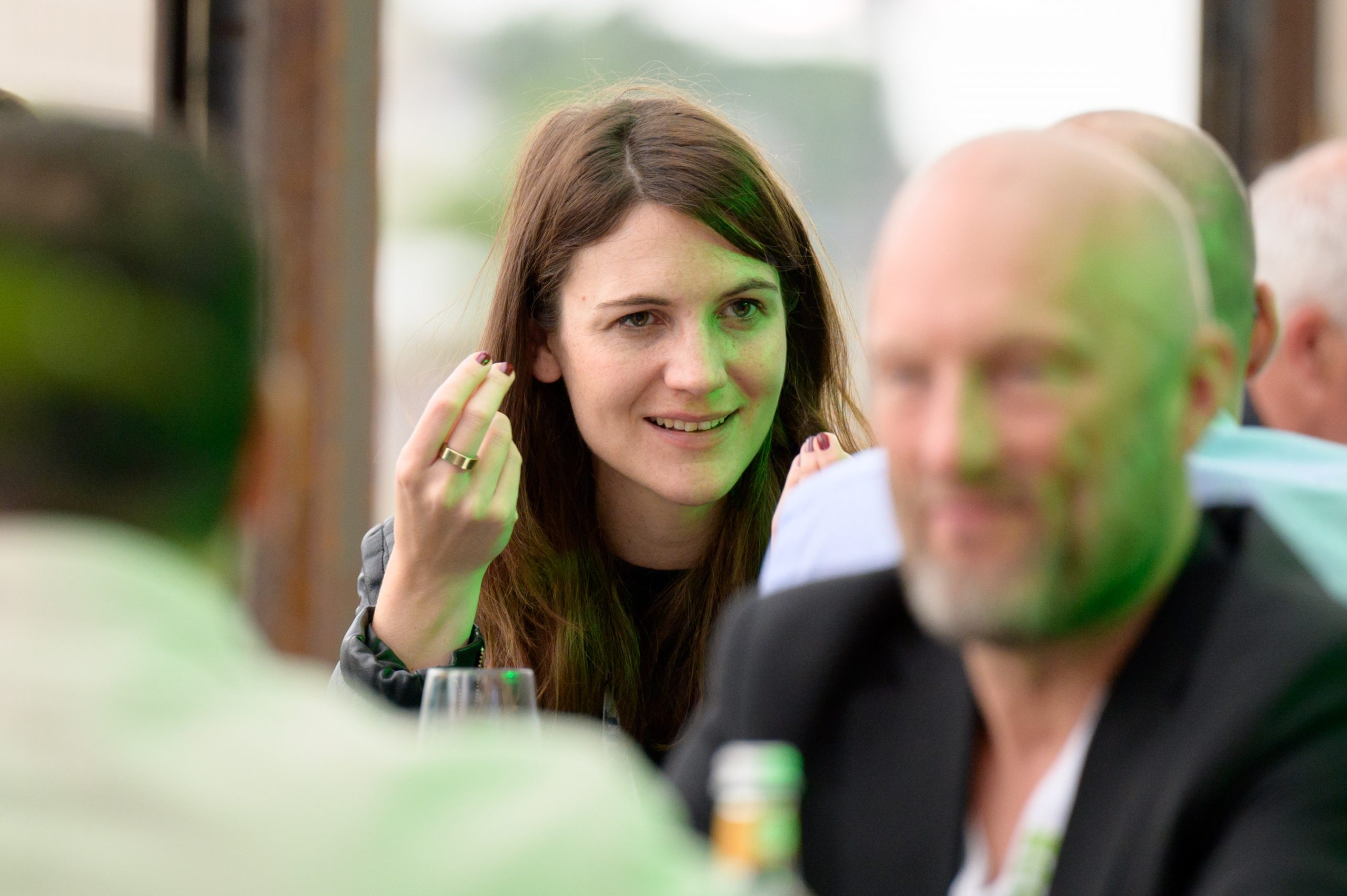
Get your tickets for Ecosummit Berlin 4-5 June 2024 and join us. It’s going to be magic.
Ecosummit GmbH
Neuenburger Str. 19
10969 Berlin, Germany
Jan Michael Hess
jan@ecosummit.net
+49 176 21208417






